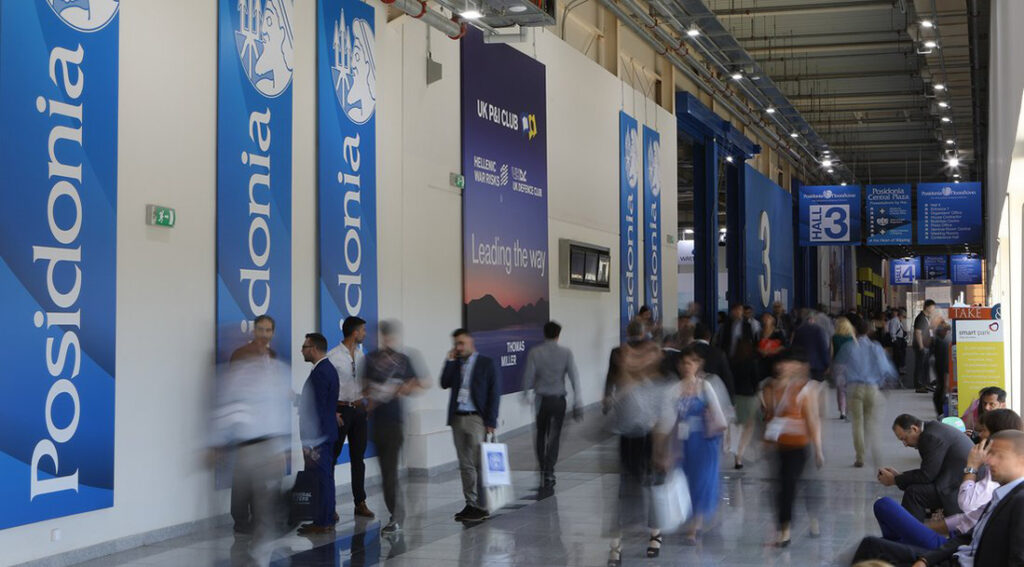Crewing is moving to the strategic level as a shortage of talent becomes a pressing problem, according to Henrik Jensen, CEO of Danica Crewing Specialists.
Addressing a ‘full house’ during the firm’s recent seminar, Beating the Talent Timebomb, at Posidonia, co-hosted with Ocean Technologies Group, Mr Jensen advised that recruitment and retention of crew has moved up the corporate agenda for many ship owners.
He comments: “The fact that our seminar was over-subscribed demonstrates the concern ship owners feel in relation to crew shortages and the importance they are now placing on crewing strategies.”
The number of seafarers needed directly relates to the scale of the seaborne transport network, which in turn is influenced by global economic growth. Analysts predict that seaborne transport volumes will peak in the early 2030s. Mr Jensen advises that over the next decade the supply chain will evolve to take into account decarbonisation goals, and in response to changing consumer habits.
The ships of the future will be different in design, utilise new fuels, and have increased levels of digital technology. Seafarers will therefore need updated and new skillsets. Meanwhile shipping is competing against shore-based employers to attract new talent.
Danica’s 2024 survey of crew managers demonstrated the pressures maritime employers are increasingly under and the importance of having a dedicated crewing strategy.
Danica advises that owners should:
• Spread your risk onboard your fleet by recruiting from at least three nationalities.
• Have a smooth and fast selection and approval process for employment of new seafarers.
• Employ holistic screening and selection processes to ensure crew are not only are fit for today but also able to adapt to a changing workplace.
• And have a long-term crew strategy to demonstrate to seafarers the career path available to them.
To discuss recruitment and retention please get in touch here





